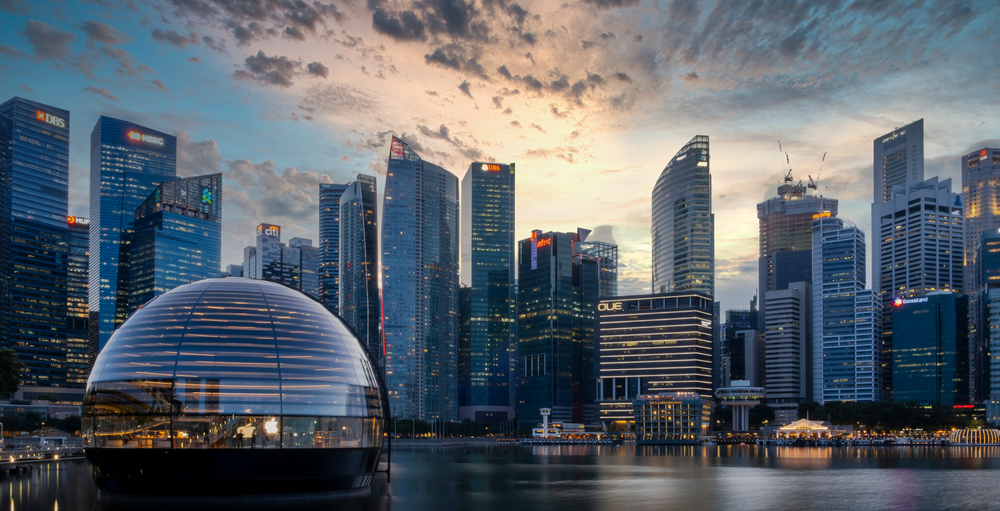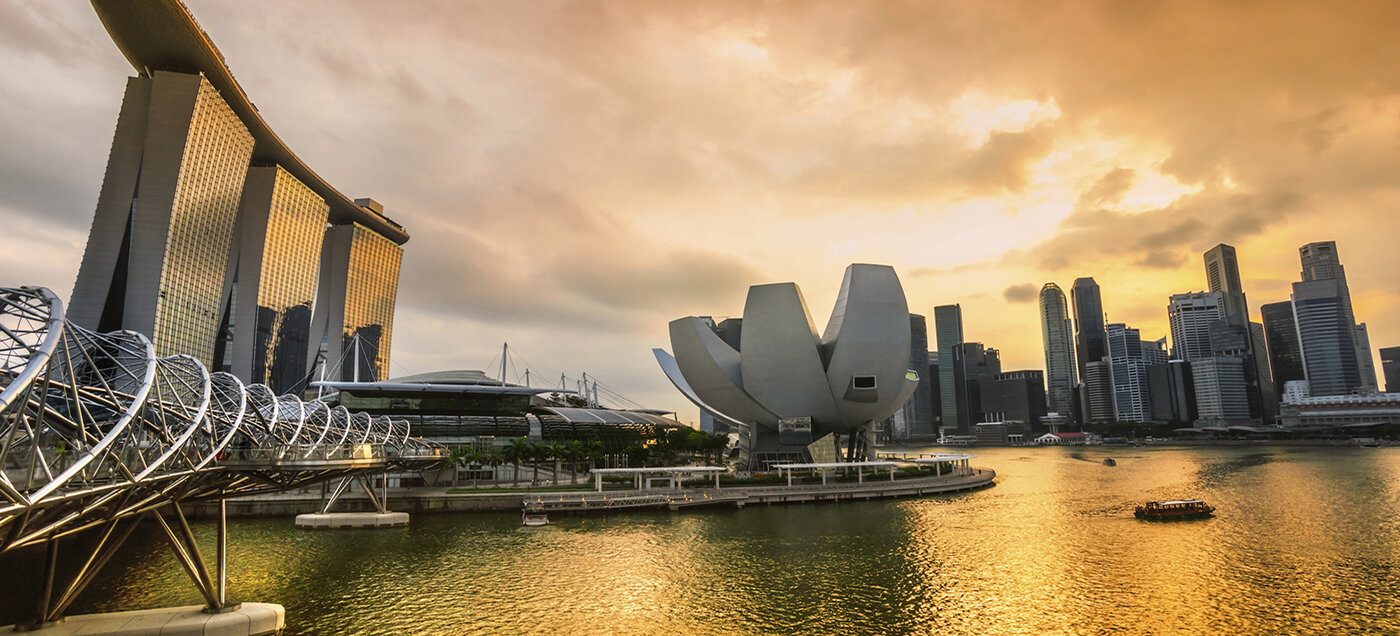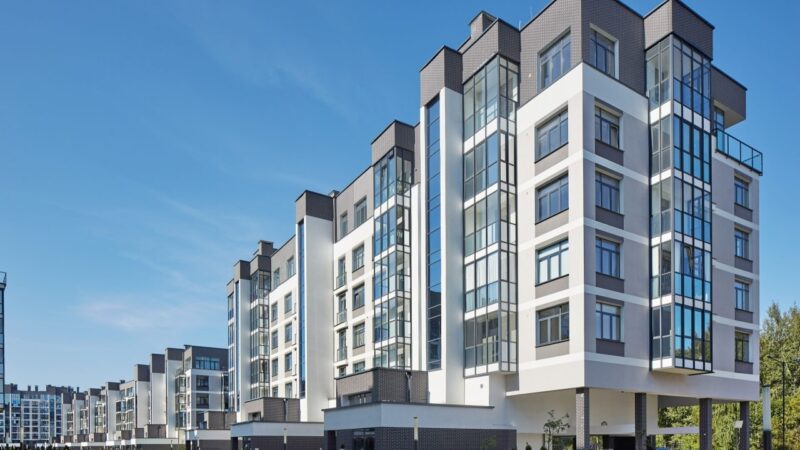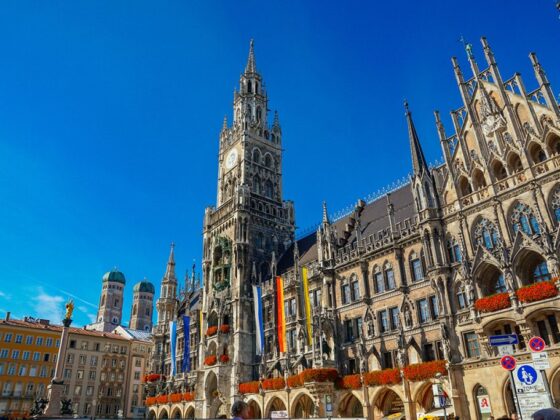Singapore is often regarded as one of the most dynamic economies in Asia, attracting investors, multinational corporations, and entrepreneurs from around the globe. Its stable governance, strong financial system, and forward-looking policies have helped it maintain steady economic expansion.
Skye at Holland condo serves as an example of how property developments benefit from these broader economic trends, illustrating the close connection between economic growth and real estate performance in the city-state.
The Link Between Economic Growth and Real Estate Demand

When Singapore’s economy grows, the demand for real estate typically increases. Higher employment levels and rising incomes mean that more people can afford to buy or upgrade their homes. This boosts demand not only in the public housing sector but also in private properties and luxury developments.
Foreign investment also plays a key role. A strong economy attracts global companies to establish headquarters or regional offices in Singapore, bringing expatriates who need housing. This creates additional demand for both rental and ownership properties, particularly in prime districts. As demand rises, property values and rental yields tend to appreciate, creating opportunities for both developers and investors.
Infrastructure Development and Market Growth

Economic expansion in Singapore often comes hand in hand with infrastructure improvements. Large-scale government projects—such as transport networks, business hubs, and urban renewal initiatives—make certain areas more attractive for property buyers.
For instance, improved MRT connectivity or new commercial zones can transform once-overlooked neighborhoods into vibrant communities. As a result, property values in these regions rise significantly, benefiting early investors. Developers strategically position new projects in such growth areas, ensuring that buyers gain both lifestyle advantages and potential capital appreciation.
This cycle of infrastructure development supporting real estate growth reinforces investor confidence and contributes to the market’s resilience even during global uncertainties.
The Role of Government Policies

Government regulation has always been a defining feature of Singapore’s real estate market. While economic growth drives demand, policies such as stamp duties, loan restrictions, and housing grants influence how the market evolves.
During periods of rapid economic expansion, cooling measures are often introduced to prevent overheating. These include additional buyer’s stamp duties for foreign investors and restrictions on loan-to-value ratios. Such policies are designed to ensure stability and sustainability in the long term.
At the same time, pro-growth policies—such as incentives for green buildings or investments in smart city initiatives—encourage developers to innovate. These efforts keep the market competitive and aligned with global standards, making Singapore a desirable destination for both local and international property buyers.
Conclusion
The relationship between economic growth and Singapore’s real estate market is undeniable. As the economy strengthens, so does property demand, driven by higher incomes, foreign investments, and government-backed infrastructure projects. At the same time, prudent policies ensure that growth remains sustainable and prevents bubbles from forming. Developments such as Skye at Holland condo highlight how strategic real estate projects benefit from this dynamic environment, offering both lifestyle value and long-term investment potential. In essence, economic progress fuels property growth, making Singapore one of the most attractive real estate markets in the world.


